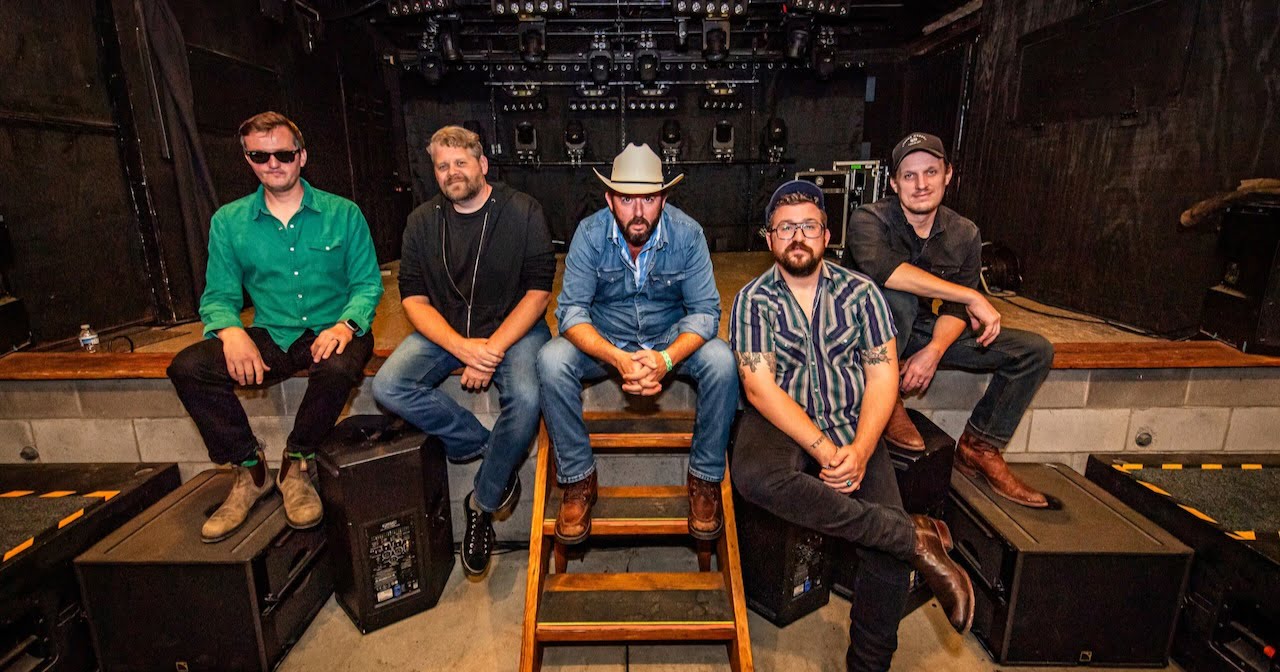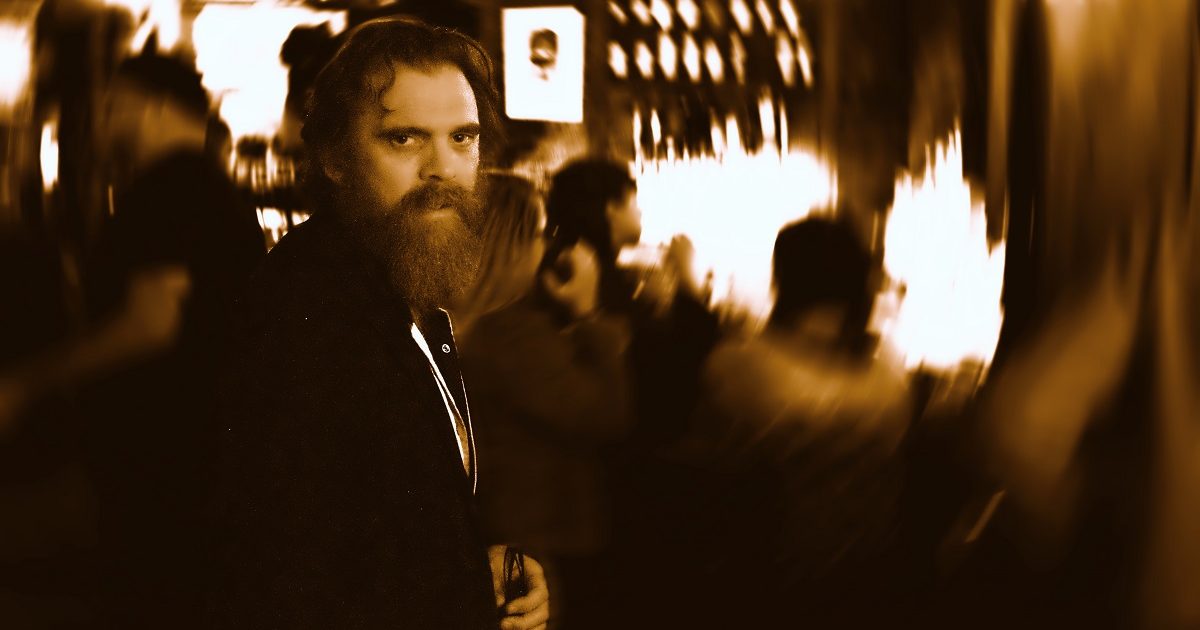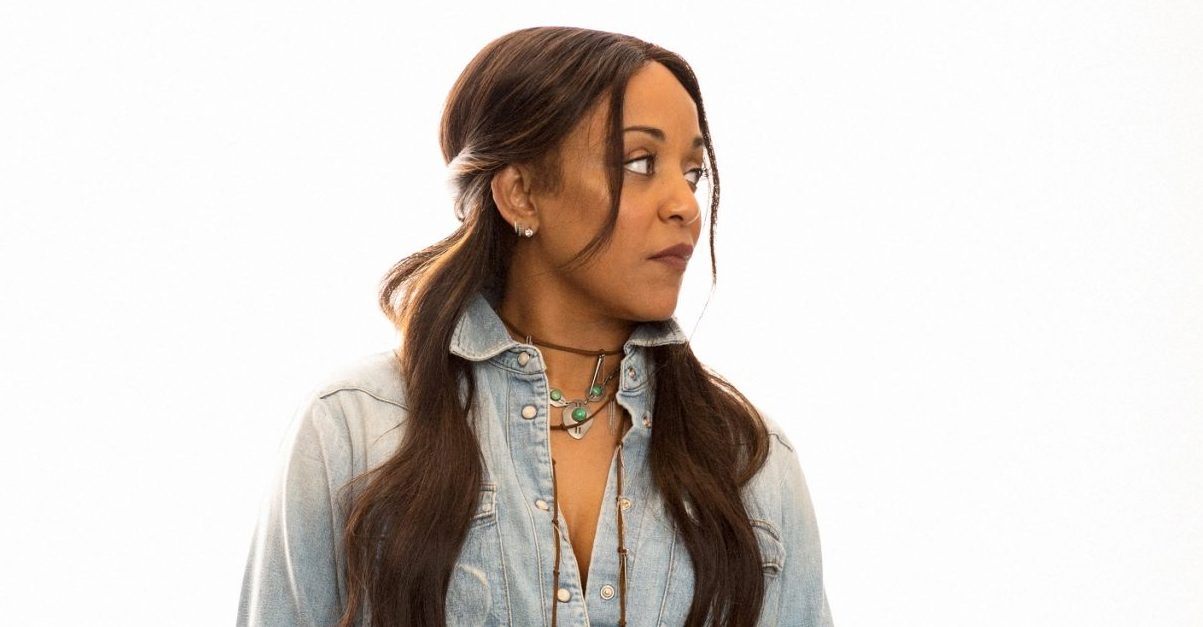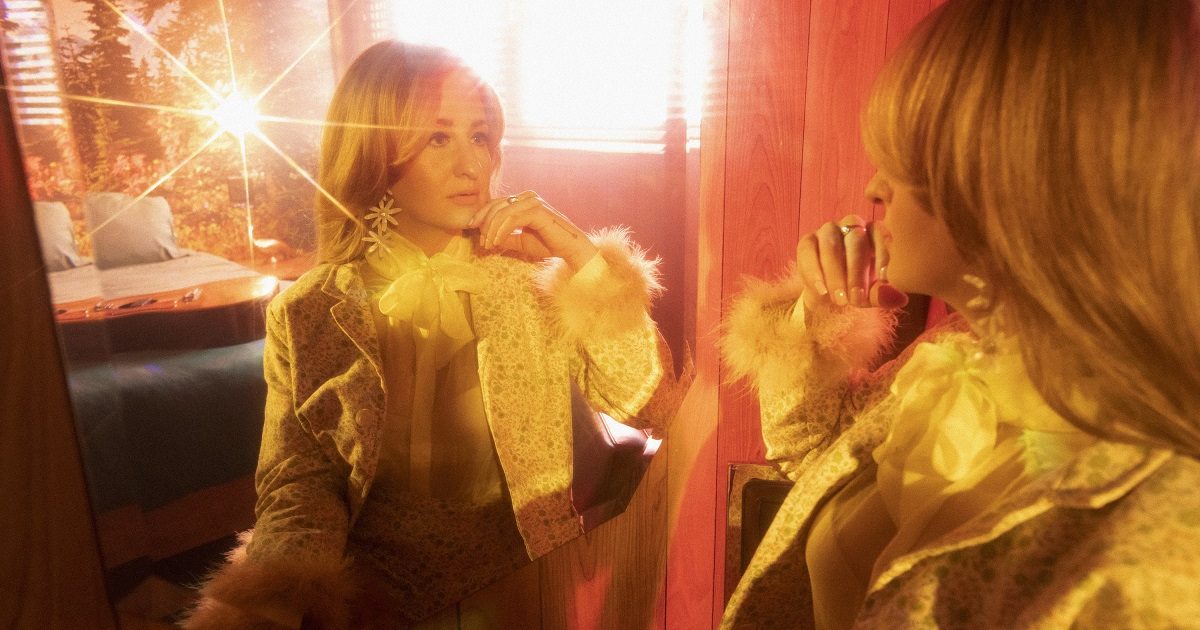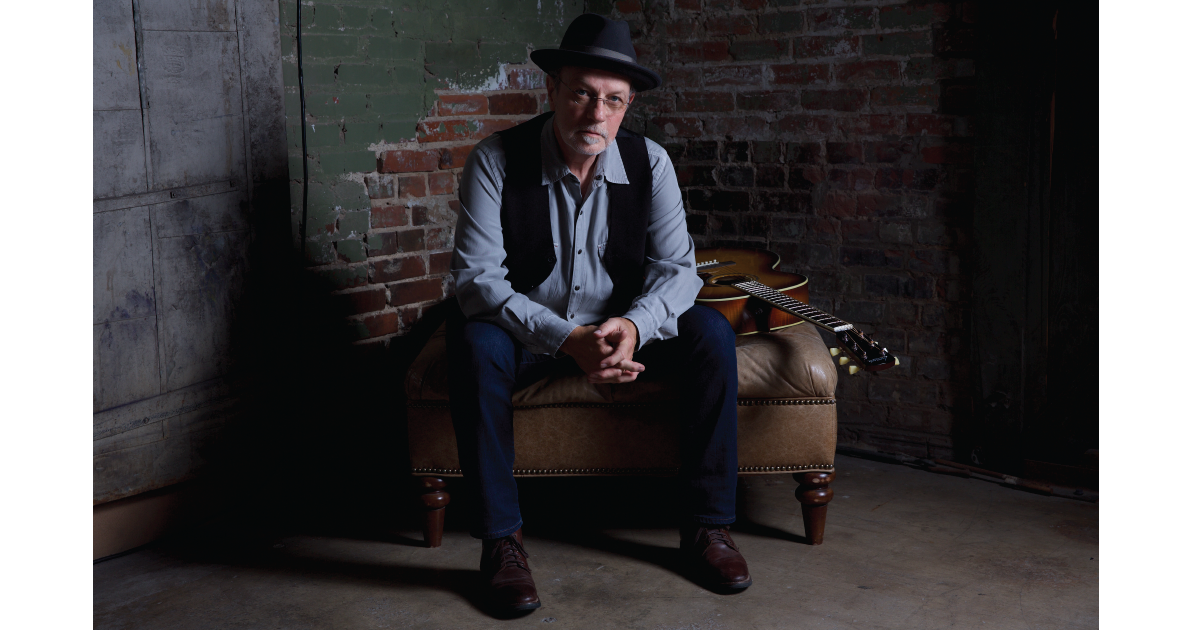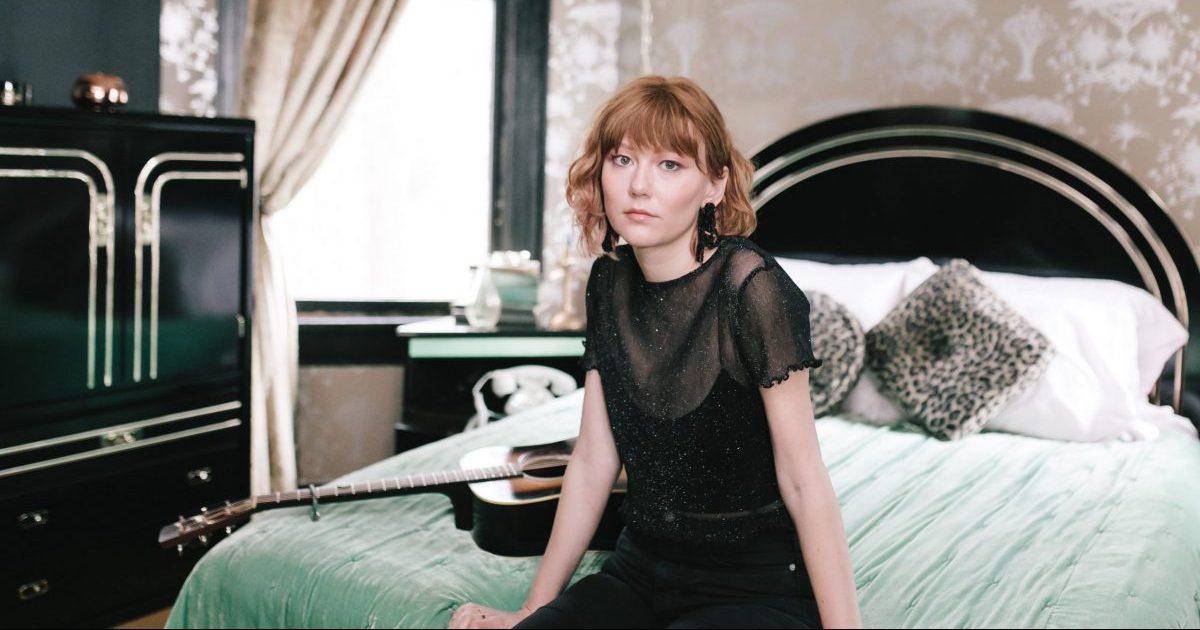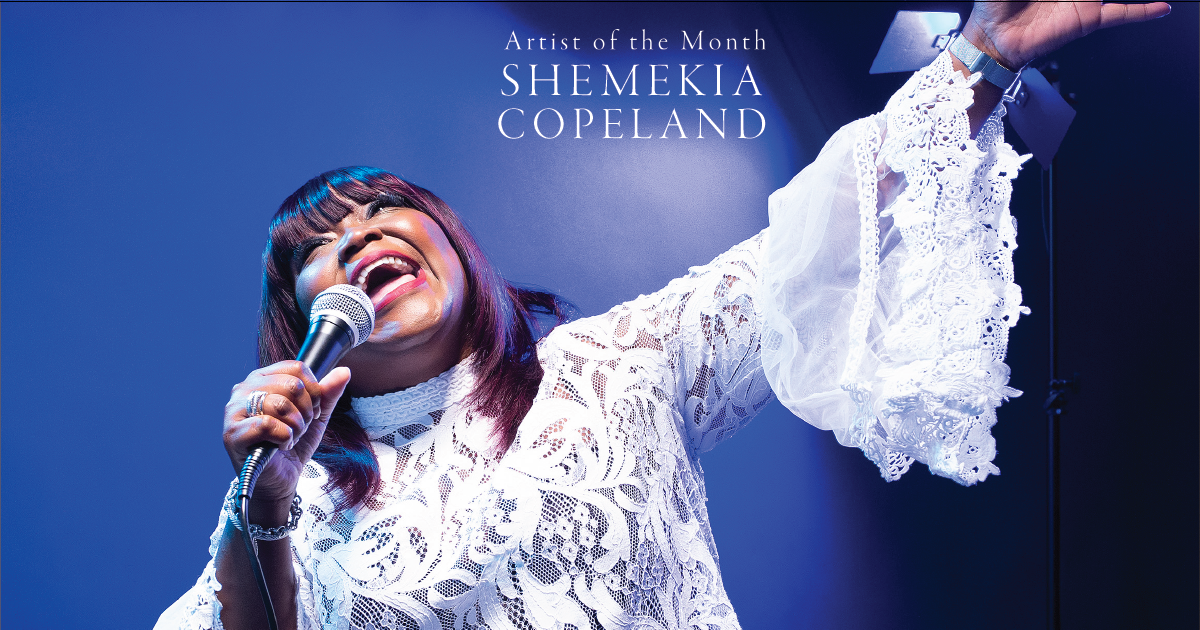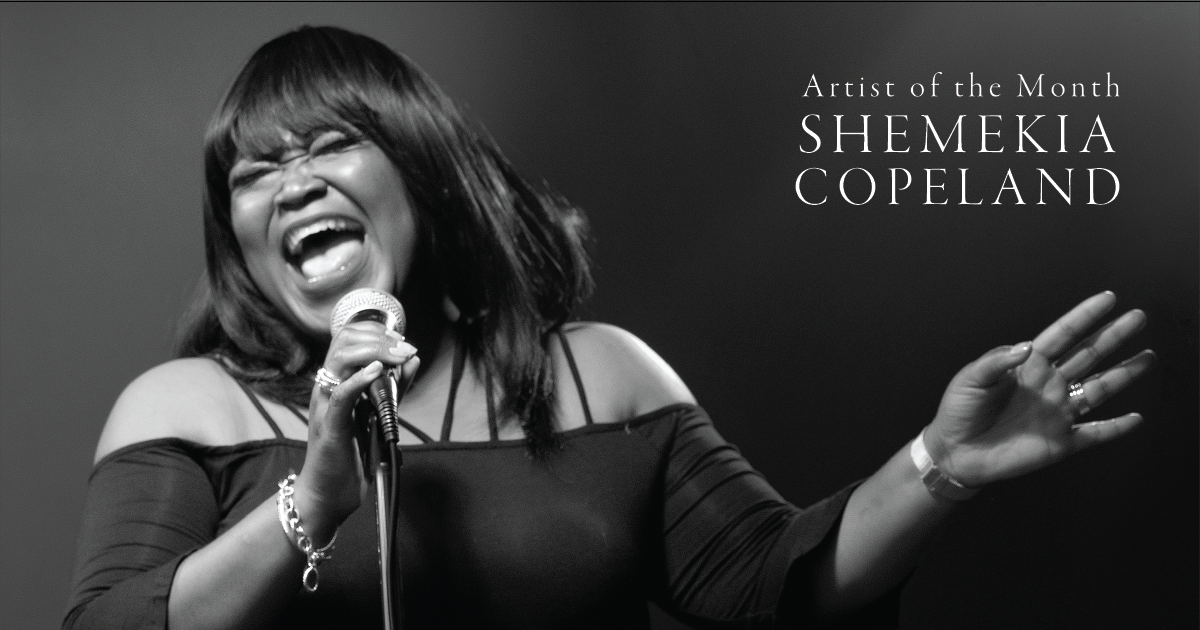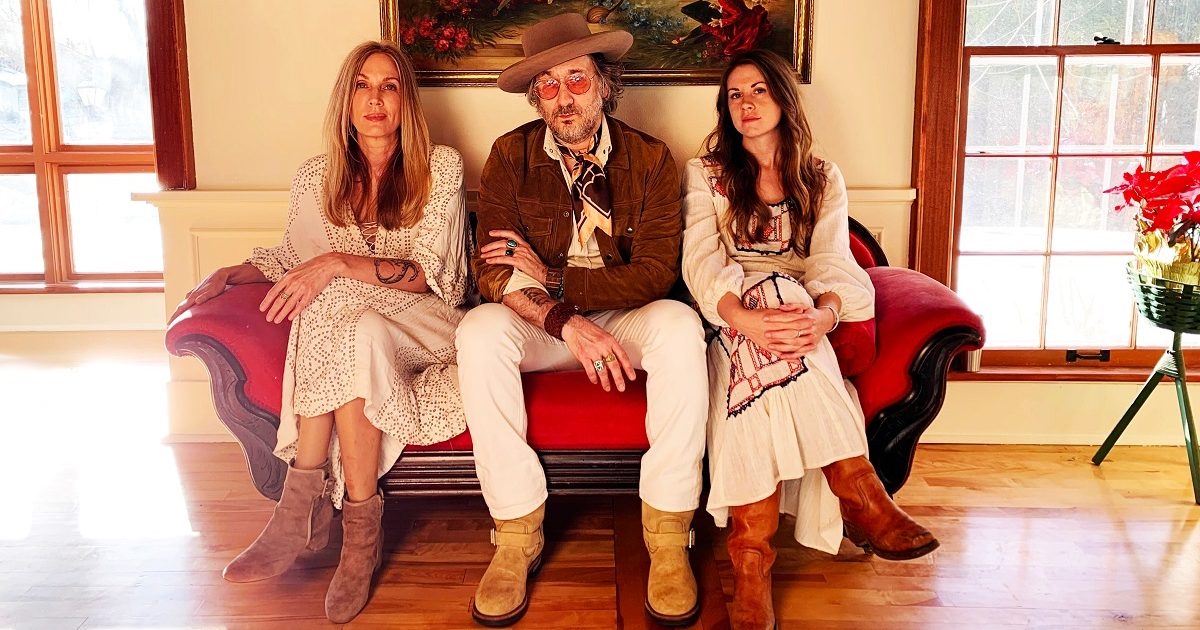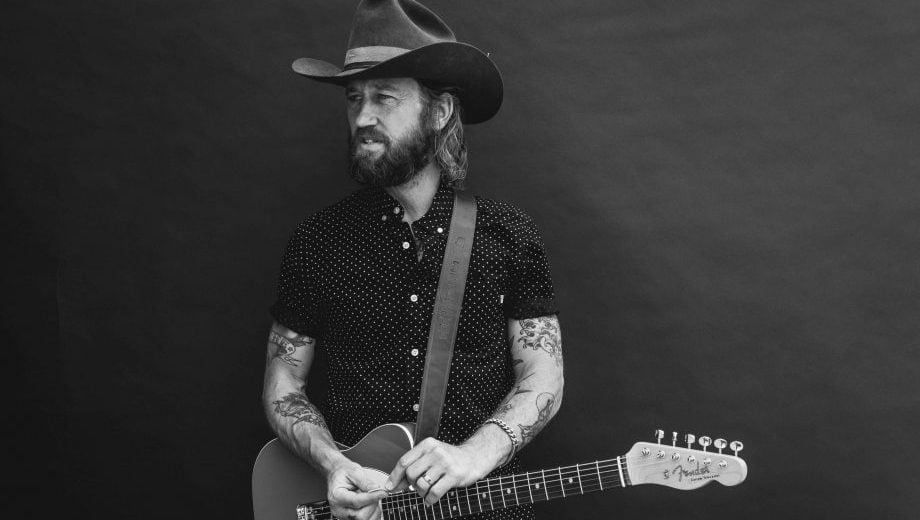Many things contribute to the most memorable recording projects, but according to genre-hopping bluegrass band Town Mountain, there’s nothing quite like working on hallowed ground.
For their new six-song EP, Dance Me Down Easy: The Woodstock Sessions (out January 18), the band had an unexpected chance to record at the upstate New York home/jam space/studio of roots music legend Levon Helm – and they wisely jumped at the chance. Produced by Justin Francis, the equally unexpected set finds Town Mountain tapping the spirit that made Helm and The Band so inspiring, leading to a uniquely funky addition to their catalog.
Built around deep-pocketed, deep-cut covers of tracks by Helm, The Kinks, J.J. Cale, Dire Straits, and The Rolling Stones, Dance Me Down Easy is filled with homespun soul and helps connect the dots between normally separate musical worlds. And as mandolin playing primary songwriter Phil Barker says, it wouldn’t be the same without Helm’s spiritual presence.
“It’ll be tough to top as far as a studio vibe, that’s always a big thing for us is the space we’re recording in,” Barker says. “It’s got to be an inspirational thing, and this place had inspiration for days.”
Speaking with BGS from the band’s hometown of Asheville, North Carolina, Barker did his best to describe a spur-of-the-moment, three-day musical getaway that turned into a bucket-list experience, and gave an already-adventurous band new license to rock.
This seems like the type of project where y’all got to let off some steam and have a little fun. Was it time for a change of pace?
Phil Barker: Well, our label New West was talking to us about recording some cover tunes [to] tie it over to our next record… and we had a show booked at Levon’s Barn, which was our first time playing there. From the other people we’d talked to, we knew this was going to be nothing but vibe and our routing worked out where we had a couple days at the end of the tour. So it was like, “Why don’t we just go back to the barn and hang out there for a few days?” …It was the perfect space to do this. No high pressure situation. It’s just like, “Let’s cut loose and have fun on songs that we enjoy.”
For people who might not know, what does Levon Helm’s barn represent in roots music?
For me, it’s kind of like one of the epicenters of the whole Americana genre. He had such a great way of bridging rock and roll with funk and country and traditional American music. And him as a musician in the bands that he was in, he was such a huge influence on everybody. This place was his spiritual center, where he would come and all the parties he would have there. All the creativity that happened in this space has just kind of generated this buzz within itself, and the word just spreads. Everybody we’d talked to was like, “Oh man, you’re going to love it there.” And we’ve told everybody since then like, “You got to go, man. You got to go there.” So any fan of music and traditional American music in particular, it’s a one of a kind of experience and we’ve always had it on our bucket list to go play. I’m so glad we got to do some recording there as well.
I knew there were jams held there, but I didn’t realize it was a full recording studio as well.
We talked to a lot of folks up there and the story goes that Levon decided he wanted to bring the party to him, he wanted to bring it to his space. So he created this barn literally on the back of his house. If you go through the back wall of the barn performance area, it’s his kitchen. So it’s literally his house and this beautiful property with a nice lake and all these woods. I mean, if you create a space like that and people are already playing music in there, they’re going to want to record. So there’s no fancy infrastructure for recording – it’s just a barn and there’s a couple baffles you can roll around, not isolation booths or anything – but it’s meant for a community kind of performance.
Take me through the first moment of walking in there. What did it feel like?
It’s like being in a church. Everybody just started walking around seeing all the spaces, and you go downstairs and there’s just endless Levon memorabilia on the walls. All these amazing pictures, all these random artifacts you’ll see nowhere else, and you can just feel all the creative energy that has happened in this space and it’s really kind of like buzzing. It was a really moving experience, honestly.
You’ve said that Levon had things figured out, musically? What do you mean by that?
Man, he just knew where the pocket was supposed to be. …It’s like he knew how to connect with the soul of any kind of music, and how it would connect with people.
Is that why you picked the songs you did? They represent a pretty wide swath of rock and roll.
It’s always a challenge to come up with cover tunes and we went through a bunch of ‘em. If it was meant for your band, I feel like you’ll know in the first couple of times you sit down together and play it. …We were open to every genre. Any suggestion was something we would try out if somebody was felt passionately about it. It just so happened that the ones that were working best with us in this particular situation, were more from the rock genre.
Town Mountain as a band has always had a bunch of that influence anyways, right?
Oh, absolutely. We had a Jay Farrar tune on the first record, so it’s always been on something we’ve embraced and not been afraid of.
“Dance Me Down Easy” ended up being the title song – one of Levon’s, but not The Band’s. Why did you pick that and not “Cripple Creek” or “The Weight” or something?
We wanted to pay a little homage to the stuff Levon did outside of The Band. That one’s from one of his killer solo records and something maybe people haven’t done as much. And honestly, it’s just fun to play. It’s like a funky dance tune that we don’t really do. We wanted to highlight that Levon was so much more than The Band, both as a musician and a person. So it was a natural fit.
The Kinks’ track “Strangers” really stood out, too. How did that get in the mix?
That was one of my picks. That song, I’ve just listened to it for years and I’ve always gravitated towards it. I’ll go through these phases where it’ll be on my Spotify mix and I’ll repeat it for literally 10 or 15 times in a row. I can just listen to that song forever because it really resonates with me. I love the writing and I love the feel, it’s really unique and I wanted to give it a little more country-rock vibe.
Did any of them surprise you with how they turned out?
Probably “So Far Away.” When we originally thought about that tune, it’s just like Dire Straits is so iconic and they have this laid-back vibe. It’s such a perfect fit for that tune. But at the same time, the lyrics are so country and we thought it would definitely fit with a pedal steel behind it. We kind of gave it a little bit of a Cajun swing feel.
Is this experience going to stay with you guys? Is the vibe something you’re able to take with you on the road?
That’s a great question. Hopefully we’ll incorporate it into more of the rest of our material, and find a way to tap into that. It’s a very space driven thing, so hopefully we can keep that in mind and let it guide our way in the future.
Photo Credit: David Simchok
